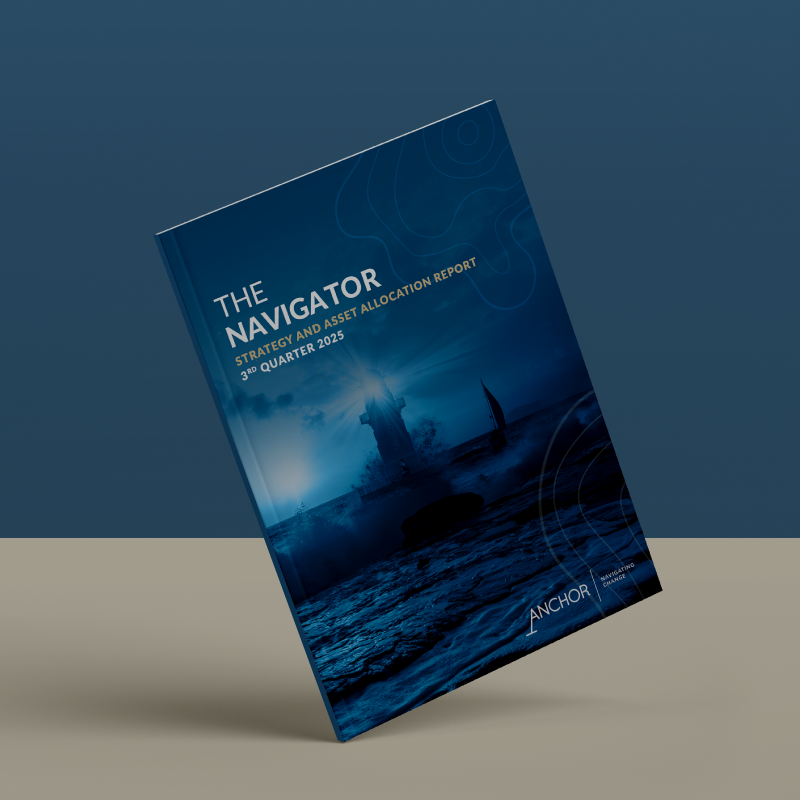In recent years, personal tax deductions from SARS have been reduced to allow fewer deductions. With the end of the tax year fast approaching, it’s time to ensure you’ve reduced your taxable income as far as possible. Below we discuss several of the deductions still available and how to maximise them.
Retirement Funds
The major deduction for most tax payers today is for contributions to a South African Retirement Fund. Retirement Funds include Pension Funds, Provident Funds and Retirement Annuities. The maximum annual contributions across your Retirement Funds are limited to 27.5% of your taxable income (or R350,000 p.a. – whichever is the lower of the two).
Contributions can be made into any of the retirement funds, but the overall maximum will be applied by SARS to the combined contributions across all your retirement funds.
TIP: Ensure you’ve made the appropriate contribution to your Retirement Fund(s) before the end of the tax year to maximise this deduction.
Public Benefit Organisations
Contributions to a Public Benefit Organisations (charities) still qualify for a full tax deduction. Obviously, this is not intended to make a financial profit for the investor as the recipient is a charity or social benefit organisation.
TIP: Remember to get a s18A certificate from your PBO. You’ll need this to claim your deduction.
Deductions for Commission Earners
Commission earners qualify for a specific deduction against any expense incurred in the production of income. This can include legitimate client entertainment, functions, industry related membership fees, etc.
TIP: As a commission earner, you should keep track of your business expenses throughout the year to include them in your tax return. This could include a logbook for travel expenses.
Tax-Free Savings Accounts
These are not technically a tax deduction but are well worth further investigation. The major benefit of TFSA’s (Tax Free Savings Accounts) is that there is no tax payable on the investment at all – this includes Income Tax, Capital Gains Tax and Dividends Tax. Over time this provides a major boost to investments housed in these vehicles. Savings of 20% on dividends, up to 45% on income tax and up to 18% on Capital Gains make TFSA’s very attractive for investors. The downside is the maximum contribution limit of R33,000 per annum (with a maximum lifetime contribution of R500,000).
TIP: Parents can invest in TFSAs on behalf of their children, in addition to their own TFSA. These are ideal for education savings.
Section 12J Investments
The SA government identified small and medium enterprises (SMEs) as an area of potential economic growth. One challenge for SMEs is a lack of adequate funding. Section 12J was added to the Income Tax Act to create an incentive for investment into SMEs. Through Venture Capital Companies (VCC) taxpayers can invest in qualifying companies. The VCC issues the investor a tax certificate which is then used to claim the investment as a full tax deduction.
Taxpayers retain the tax deduction only if the investment is held for a period of 5 years or longer. One important point to remember is the base cost for Capital Gains tax purposes is set at zero in any section 12J investment. This means that even if you just get your original capital back you will be liable for capital gains tax. As always, investors are advised to understand the underlying investments themselves as this is where the return is made – the tax deduction is just the bonus on top of the investment returns that can be achieved.
TIP: Anchor has a team dedicated to searching for the best 12J opportunities. Speak to us if you have interest in investing.
In summary
Tax deductions are still very much a part of the tax planning process. It is your right to reduce your tax by any legal means at your disposal. A simple review of the opportunities appropriate for you could save you a lot of money in the long run.
It is important to check your specific circumstances when planning for tax or investment purposes. Contact Anchor at sales@anchorcapital.co.za to speak with an advisor.
Disclaimer: The contents of this article is for information purposes only and the accuracy, completeness, timeliness, or correct sequencing of any of the information contained herein cannot be guaranteed and should thus not be construed as investment or tax advice. Readers should thus only act thereon after having consulted their financial adviser.




